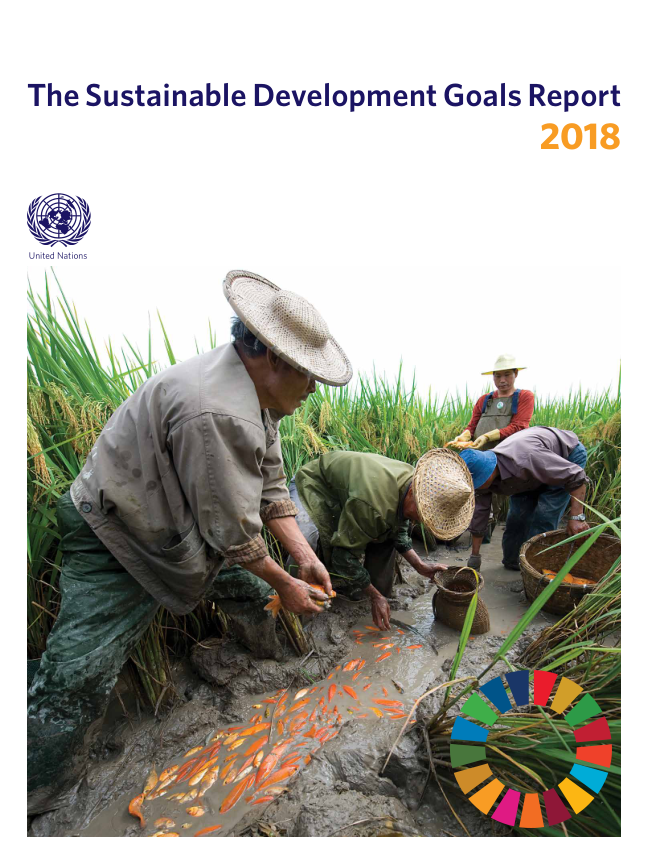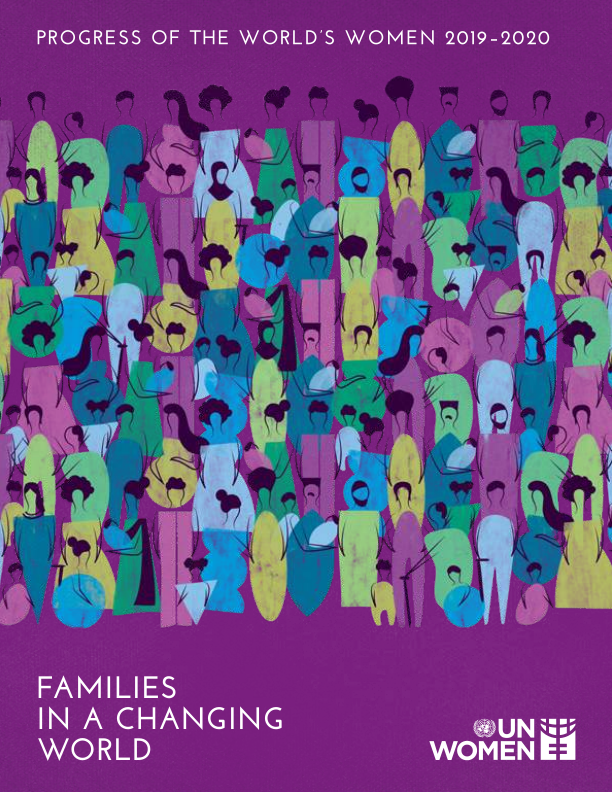Equal Rights to Land are Key to Positive Development Outcomes in the IGAD Region
Djibouti, 7 October 2019 – Recent publications – the Sustainable Development Goals Report 2018 by the UN and the Progress of the World’s Women 2019 – 2020 by UN Women – highlight the progress made for women and girls in different areas of life. Globally, women’s representation in national parliaments has seen an increase from 19 to 23 per cent between 2010 and 2018. Moreover, a higher labour force participation rate, better social protection and increased asset ownership have translated into women gaining greater access to resources. This has resulted in some positive shifts in women’s decision-making power over household income.
Despite moving towards the right direction, gender equality still has a
long way to go. Especially when it comes to land rights, women and girls continue facing
discrimination in many parts of the world. Women risk losing their rights to
land and property in the event of divorce or widowhood. In inheritance cases,
families tend to allocate larger plots of land to sons than to daughters.
Causes are, among others, a lack of legal frameworks that protect women’s land
rights, a lack of implementation of existing policies and laws, and women being
unaware of their rights or unable to access legal information and support. A
further obstacle for women exercising their land rights is legal pluralism and
the interaction of formal, customary and religious law, a phenomenon
characteristic for the IGAD Region.
Disadvantages in land rights of women and girls can have severe
consequences. In areas where agriculture is still significant, people’s
livelihoods depend on their land. Rural women facing land tenure insecurity
struggle to provide for the basic needs of their families. Moreover, gaining
access to credit becomes difficult or impossible for women with insecure land
tenure rights or undocumented land rights. This leaves women unable to move
beyond subsistence farming, stifling development efforts beneficial for entire communities.
Gender equality in land rights on the contrary is a catalyser for
development outcomes. Women with equal access to, control over, as well as
ownership and use of land can increase their agricultural production and
thereby generate more income. This in turn can be reinvested in seeds or
irrigation technologies, further improving productivity of the land. The
resulting agricultural growth can translate into increased food security for
households and entire communities. Moreover, women’s greater access to and
control over income increases their decision making power over household
income. This is positively related to higher household expenditure on food,
improved nutritional outcomes and better educational attainment for children.
One might ask – if the benefits of securing women’s land rights are so
clear and far-reaching – why are there still so many women and girls facing
discrimination? Land rights in general are a very complex issue. Legal reforms
are time consuming, and those benefitting from the current system might try to
impede efforts to change it. When it comes to women’s land rights, the level of
complexity is even higher. Not only need laws and policies be reformed – social
norms and attitudes too need to be challenged, re-negotiated and changed.
Considering that cultural and social norms, as well as customary and religious
practices, trace back decades, the route towards gender equality in land rights
requires tireless efforts, negotiations, persuasion and time.
Yet, there are plenty reasons to be optimistic. Women’s land rights have
increasingly gained importance on the agenda of policy makers. Recent legal
reforms in various IGAD member states are paving the way for better legal
recognition of women’s tenure. Civil Society Organisations continue advocating
for the protection of women’s land rights, and empowering women to fight for
their own rights. Women themselves establish cooperatives to join forces.
Regionally, the IGAD Land Governance Project – with the support from
development partners – is currently in the process of launching a new portfolio
which focuses on Women’s Land Rights. It aims at making a real difference for
people on the ground, with the overall aim to promote development in the region
through reducing barriers and enhancing protection of women’s land rights in
legal frameworks, policies, regulations, practices in the public and private
sphere for women’s equal access to opportunities and resources.
To get the conversation about Gender and Land in the IGAD Region started,
blog posts about relevant topics and activities of the IGAD Land Governance Project
will be regularly published here on the IGAD Land Portal.
Author: Simone Zurschmitten



